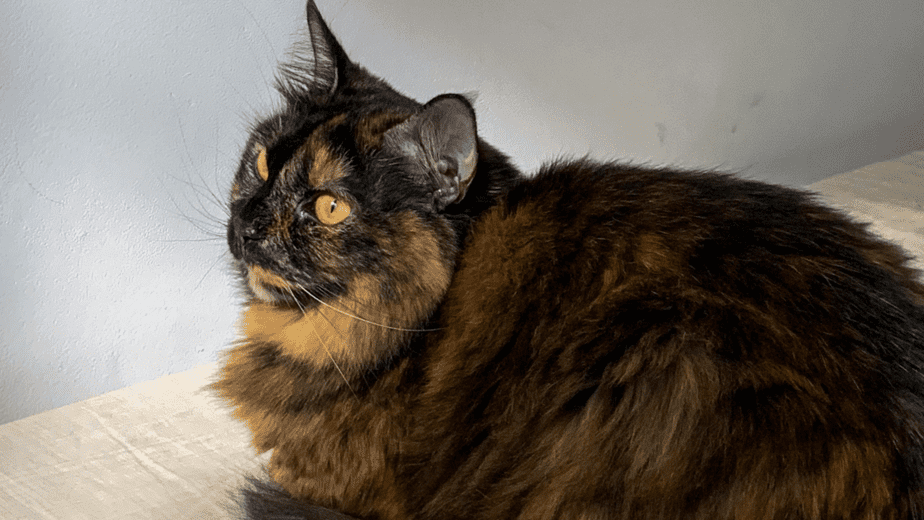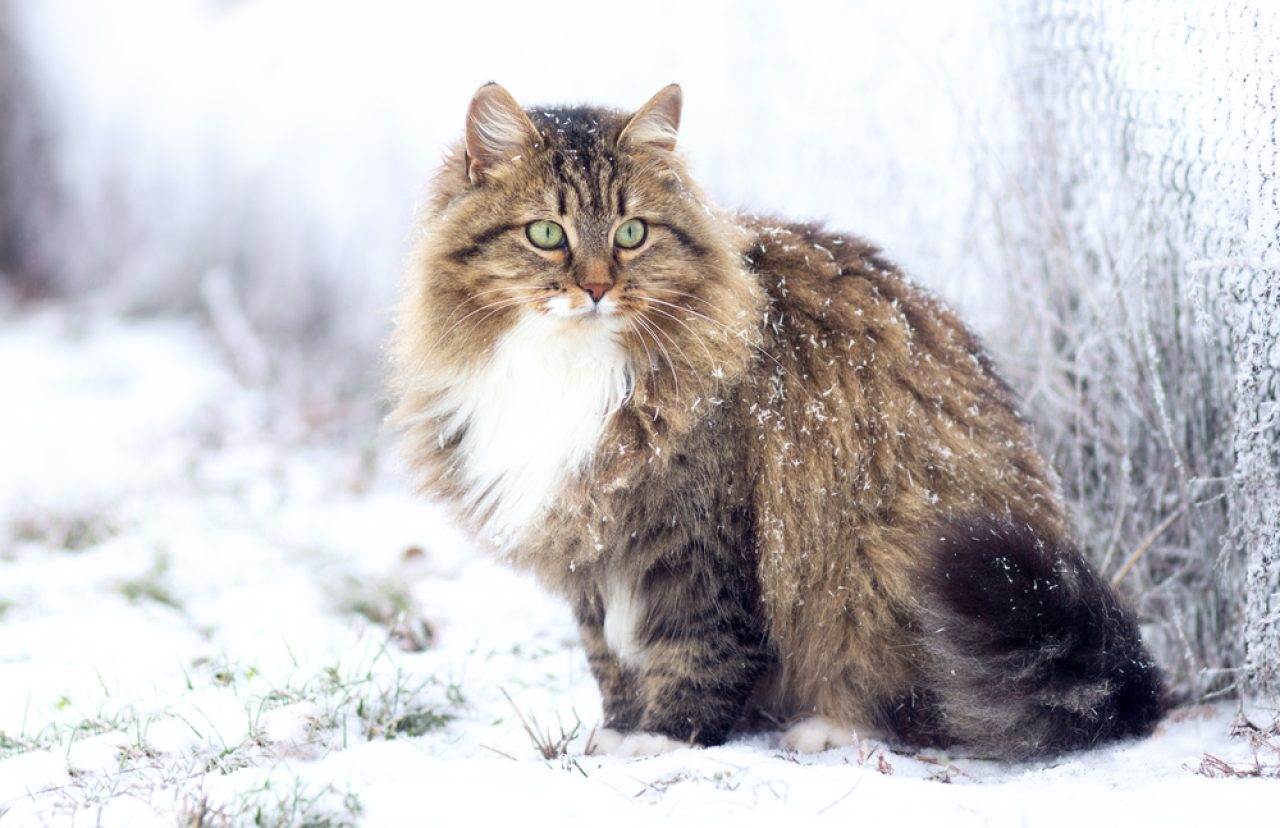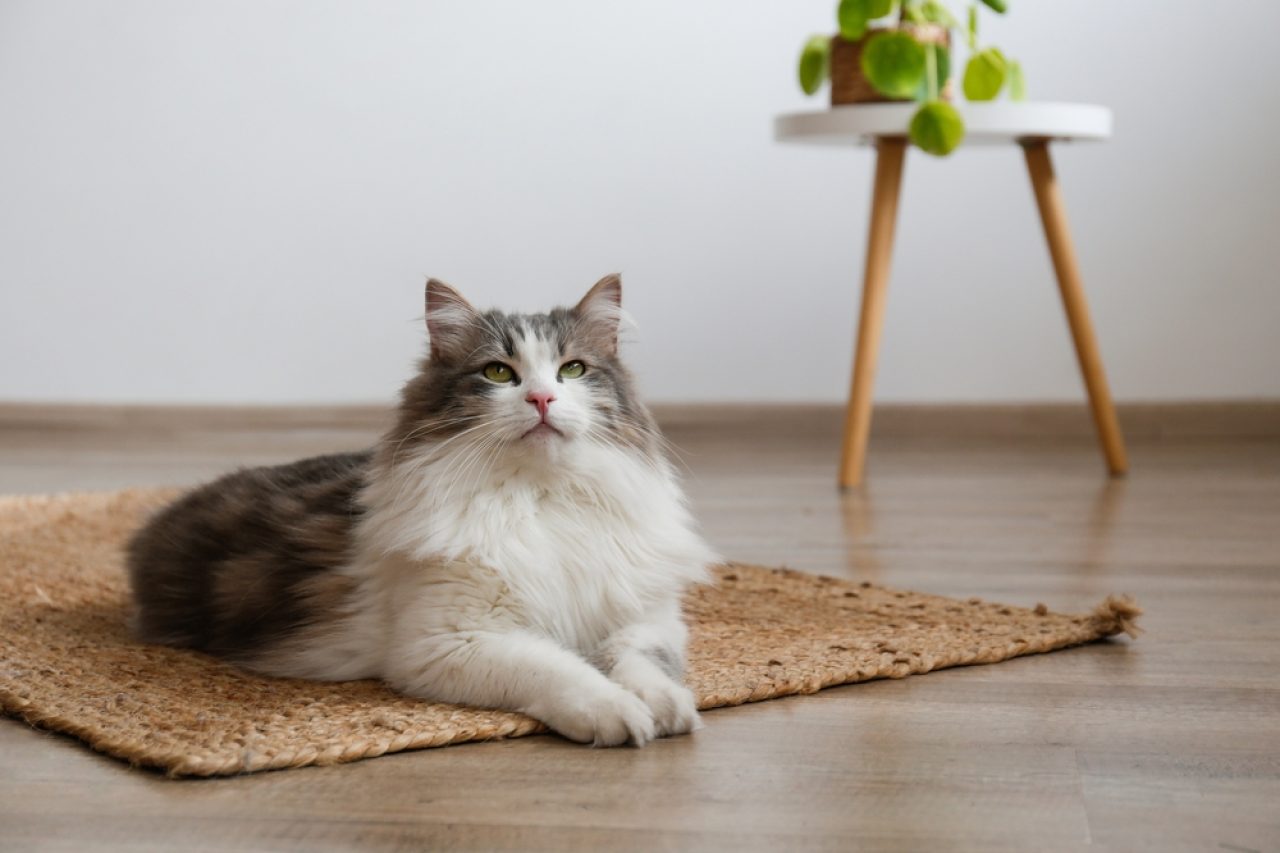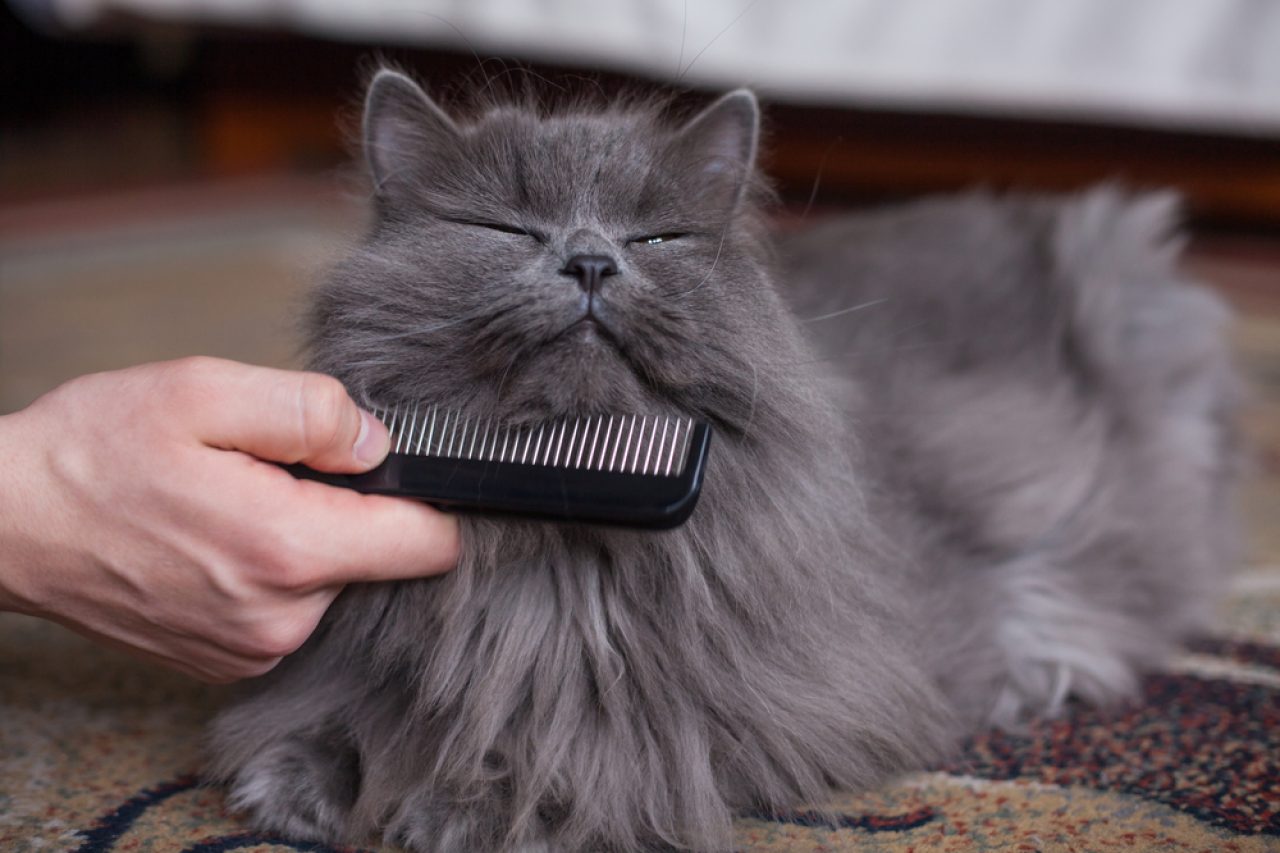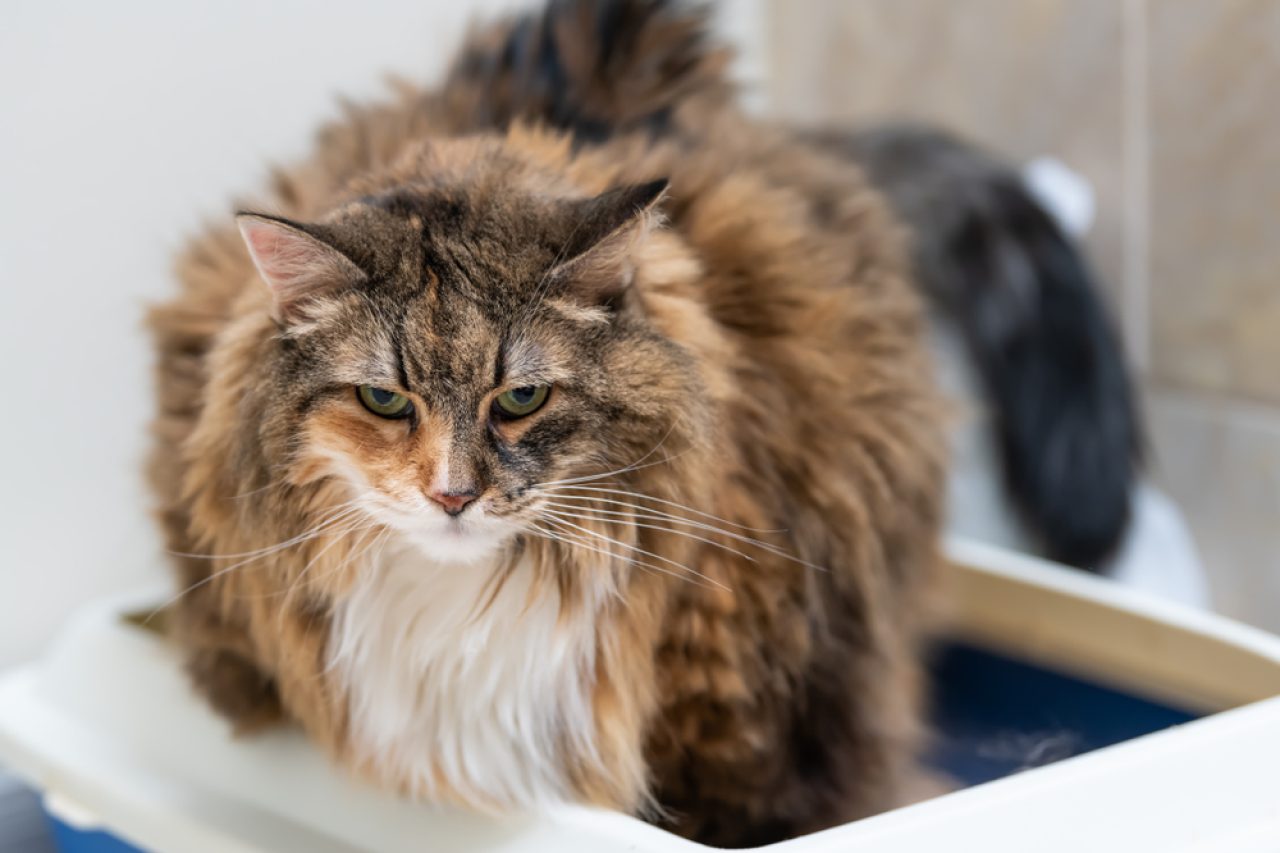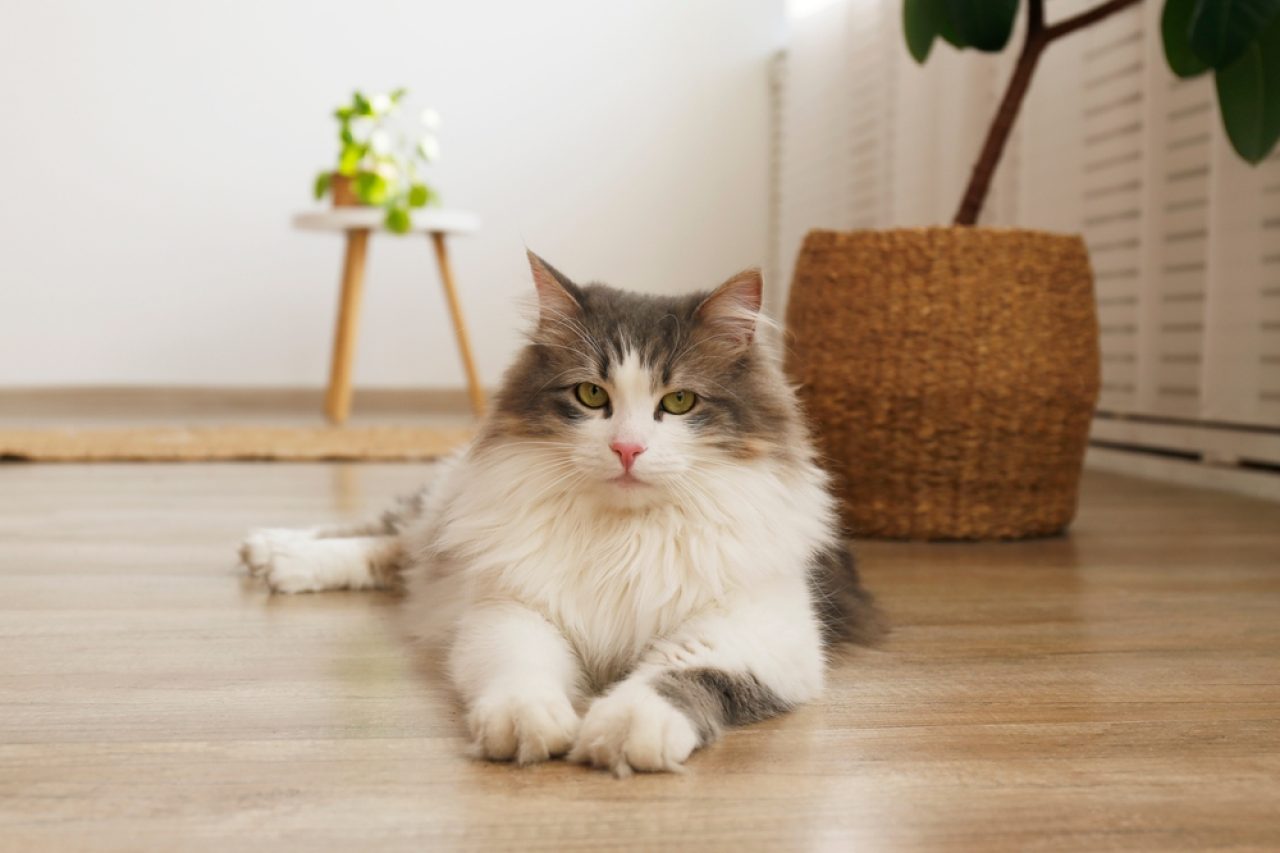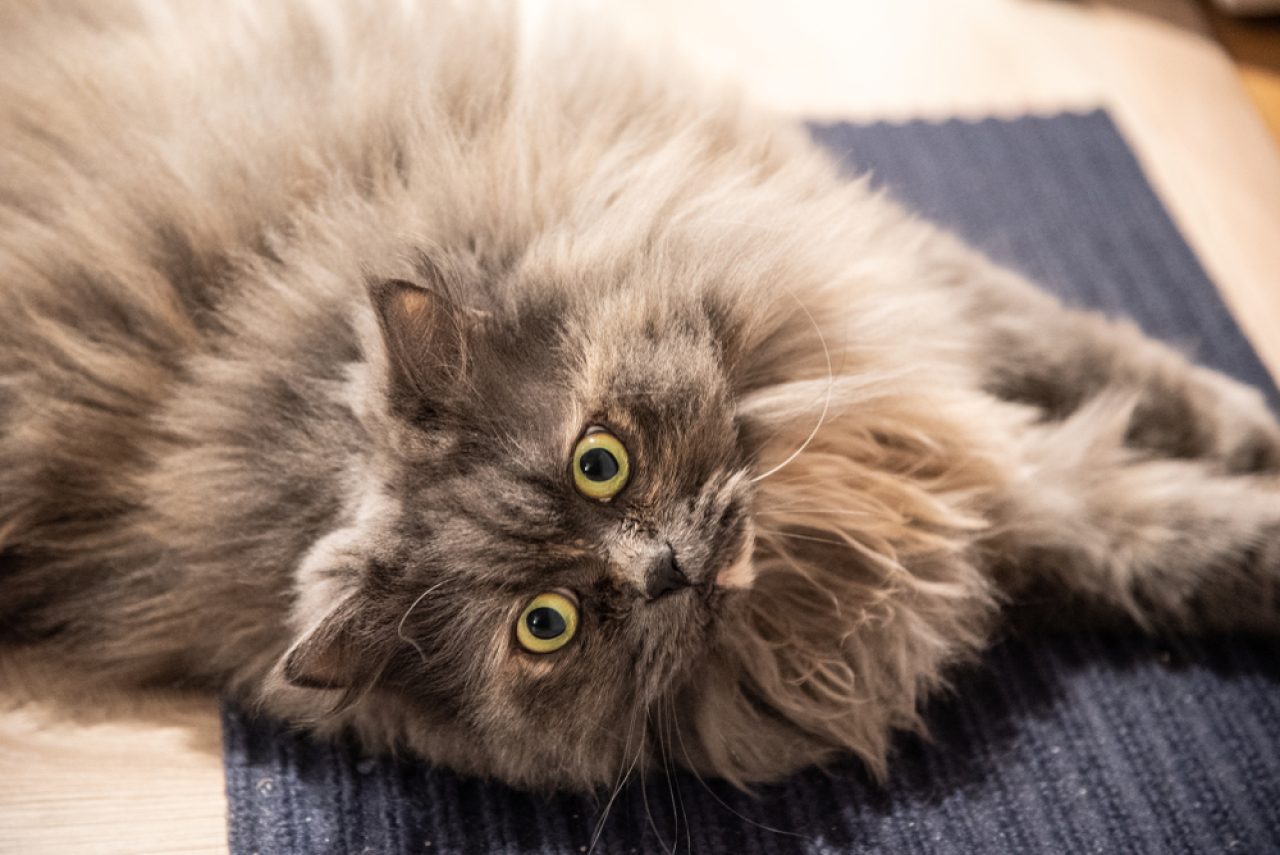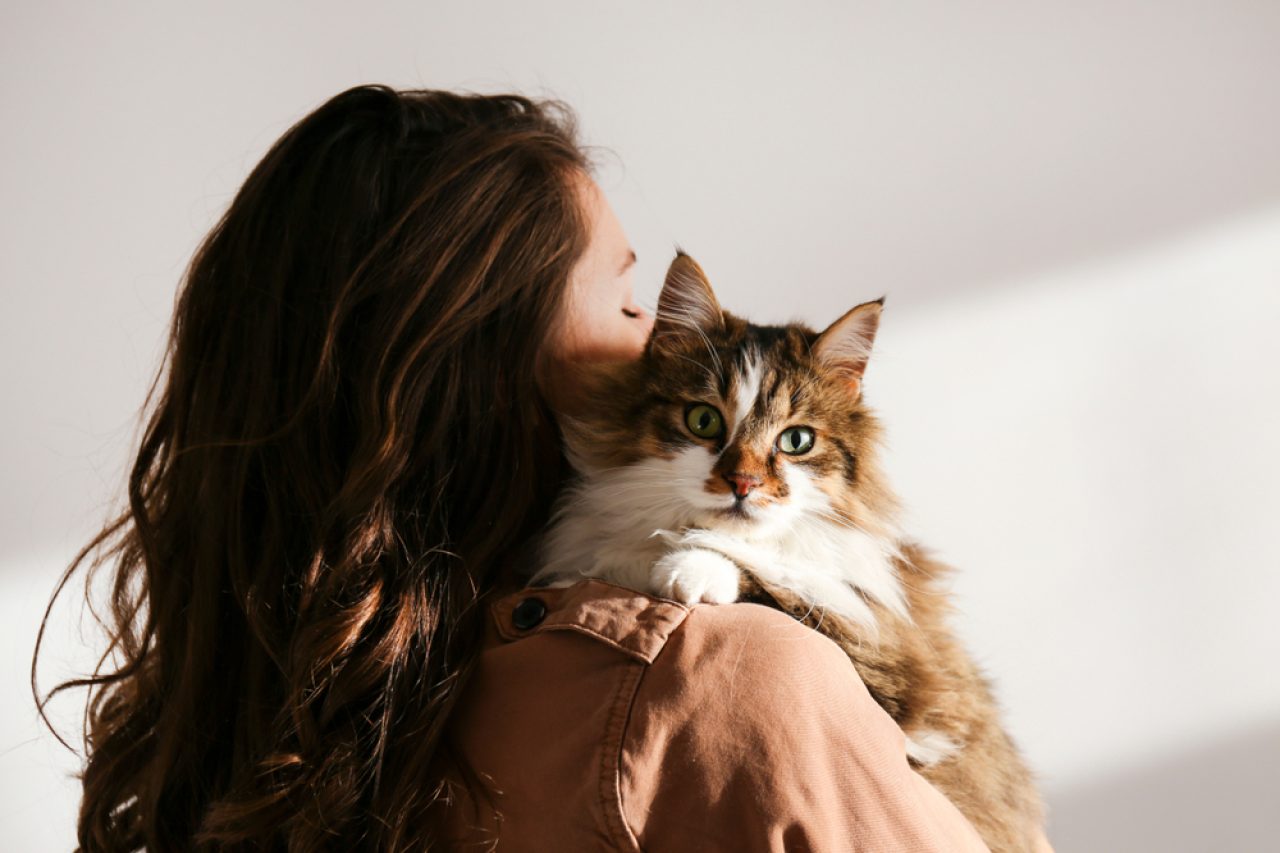📖 Table of Content:
It’s a tough world to live in when you’re allergic to cats and you want one so badly. You search frantically for any option that would allow you to own a feline, and you discover the term hypoallergenic. Then you start researching if any of your favorites fit the bill. So, is the Siberian cat hypoallergenic?
I remember using a big chunk of my time as a child looking for hypoallergenic breeds. My mom was severely allergic to anything and everything with fur. Honestly, I just couldn’t wait to move out because I wanted (needed, really) a cat right then and there!
This made me dive deep into the meaning of hypoallergenic and just how helpful it could be to my situation. I researched a whole bunch of cat breeds and how cat allergies work. So, now I hope to give you a sum of all that I’ve discovered.
I wish I had one source that could explain it to me while being honest and direct, without any dancing around the subject. So, I’ll try to give you exactly that. To get to the bottom of this, we first need to take a look at the term hypoallergenic.
The meaning of hypoallergenic: what are cat allergies?
The most common misconception that arises with this word is that it means a lack of allergic reactions. But in reality, it only means that the reactions are less severe. The prefix “hypo” usually refers to something that is below average.
So, when a cat is considered hypoallergenic, it doesn’t mean that she doesn’t cause allergic reactions. The effect that she has on those who suffer from allergies is lessened. But is that the whole truth? Well, not exactly…
1. What are cat allergies?
Most people believe that cat allergies are caused only by the animal’s hair. That’s why some believe that getting a hairless breed would solve the issue. However, the truth is that a person can be allergic to fur, saliva, mucus, urine, and dander.
This is because all of these things contain a protein called Fel D1 which is responsible for causing allergies. So, regardless of if the cat is hairless or sheds very little, the problem will still be there. But what about hypoallergenic breeds?
2. Are there truly hypoallergenic cats?
There is no substantial evidence that would indicate that some breeds are hypoallergenic. For the most part, it’s just a way for breeders to market their animals and have better sales. The breeds that are usually marketed as hypoallergenic are LaPerm, the Sphynx, Devon Rex, Cornish Rex, and Peterbald.
Some will even list the Siberian cat as hypoallergenic. But all of these claims can be extremely harmful. People rush to buy one of these breeds only to discover that their allergies haven’t magically disappeared. And this can be particularly dangerous for people with life-threatening reactions.
The reason that they use to explain this trait is the way their fur is built. It all depends on the layers, thickness, and structure. Some even claim that there are cats who don’t possess the protein responsible for causing allergies.
Is a Siberian cat hypoallergenic?
Taking into consideration everything we’ve just covered, it’s safe to say that no, Siberian cats aren’t hypoallergenic (despite what some other people will tell you). But, if you’re really set on having one, then we have some good news. You can still own one!
Of course, it depends on how hard you’re willing to work. Having a cat is difficult enough when you don’t have allergies. But when you do, it just adds another pile of complications to the list of obligations. Still, I believe it’s all worth it when you get to snuggle your little furball.
It’s important to note that this only refers to people who have mild to average reactions. If your allergies are severe (or potentially fatal), then you shouldn’t be getting a cat at all. Allergies can become worse over time, and you never know what might be too much for your body.
How to have a cat when you’re allergic
Now that we know that the Siberian cat is not hypoallergenic, let’s see how we can make sure that you still get your dream kitty! There are certain steps that you can take to make sure your symptoms aren’t too unbearable.
1. Brush her often
This might seem like it doesn’t make much sense. Why would you brush a cat if her hair is part of the problem? Well, grooming your cat often can help get rid of fur that’s ready to be shed. That way, all that hair that was going to cover your entire house ends up on your brush.
Then you can just pick it out and throw it away without worrying about an allergic reaction. This also helps get rid of any dander that might be attached to the hair. Normally you would need to brush her once or twice a week, but you might need to do it more often if you’re allergic.
2. Give them a bath
We wouldn’t normally recommend baths unless they were absolutely necessary. Cats usually groom themselves because of their sensitive skin and water can damage it. But, since Siberian cats have water-resistant fur, baths can be useful.
They help get rid of any old hair and dander. Just make sure that you’re using a shampoo specifically made for cats. Ideally, you shouldn’t bathe them more than once a month. We recommend consulting a veterinarian about which shampoo would be best to use.
3. Clean their litter boxes more often
Since urine can also cause allergies, you’ll want to get rid of it as soon as possible. The best way to make sure you’re safe is to clean the litter box more often.
To make your Siberian cat hypoallergenic (or rather to make your reactions less severe), you could always clean it immediately after she is done with her business.
You could also consider buying a closed litter box. This would prevent the particles and scent to spread around your home. Just make sure it’s big enough, so your cat still has enough room to finish her business.
4. Set up kitty-free zones
As much as you try to keep your home clean, you will always find cat hair everywhere. That’s why it’s so important to set up places that are off-limits to your furball. If your allergies start acting up, you’ll need a place to escape to and calm down.
One of these zones should absolutely be your bedroom. Having a cat in the room where you sleep can be extremely dangerous. Especially if your allergies are severe. It could cause choking in the middle of the night. And besides, you both need a clean place to rest!
5. Constant cleaning up
If you want to keep your Siberian cat hypoallergenic (as much as it’s possible) and your reactions under control, you’ll need to keep a clean living space. And that means getting rid of cat hair from your furniture and clothes. This can be extremely tiring, though, as you’ll need to wash your clothes much more often than you normally would.
General cleaning would need to become more frequent as well. This includes vacuuming more often, wiping off dust and hair from all surfaces, etc. And perhaps the hardest part, keeping your couches clean. Rollers will become your best friend very quickly.
6. Washing up
Aside from keeping your home clean, you’ll also need to keep yourself clean. So, you’ll need to wash your hands every time you’re done playing with or petting your cat. And since her dander can also end up on you, you’ll need to take more baths or showers.
7. Getting rid of rugs
Rugs and cats are generally a very bad pairing. There’s nothing harder to clean than a rug, especially one that’s full of cat hair. To clean it more often than one normally does would just lead to insanity. So, the easiest way to solve the problem is to get rid of all rugs and carpets.
8. Switching up love languages
Cats have many different ways in which they show affection. One of them is by licking their owner. However, since their saliva can cause allergic reactions, you’ll need to find a way to stop this behavior. The simplest way is to switch to another love language.
For example, slow blinking. You can teach her to switch to this by rewarding this behavior with treats, while ignoring the things you want her to stop doing. She’ll understand what she needs to do pretty quickly, just be patient.
9. Get an air purifier
Air purifiers can also be of great help. They purify the air by trapping small particles inside. For example, dust, dander, pollen, etc. This will be an amazing way to catch all the things you might’ve missed when cleaning, and make it much easier to breathe.
10. Consult a doctor
If you plan on living with a cat and allergies, you’ll need to talk to your doctor. Ideally, you should get tested. If your allergies are life-threatening, then you probably shouldn’t even consider getting a feline. Even if they’re manageable, you’ll still need help.
Your doctor will be able to prescribe you the right medicine you need to take. Listen to his instructions and always make sure you have that medication at hand. Allergies can often be very unpredictable. You need to be ready to help yourself.
Are Siberian cats hard to maintain?
If you’re set on owning a cat, you might as well try to find the one that’s easiest to groom. Since Siberian cats have relatively long fur, they might not seem like the best choice. However, luckily for all Siberian cat lovers, that’s not the case at all.
Unlike a lot of other breeds, Siberian cats don’t shed a lot. They mostly shed during spring and autumn and since their hair is longer, it’s easier to remove from things. Short cat fur is usually prickly and hard, which causes it to lodge into the fabric.
This can make it a nightmare to take off or wash out. Even rollers have a hard time getting it out of your clothes or couches. Grooming Siberian cats is easier, too. While brushing short hair felines doesn’t do much against shedding, grooming your Siberian often will definitely be extremely helpful.
It does get tiring to groom them during shedding season, though. In order to keep everything hair-free, you’ll need to brush them every single day. Thankfully, you only need to do this twice a year. But still, it can be a lot of work.
Is it worth having a cat when you’re allergic?
This is based almost entirely on individual preferences and opinions. If your allergies are so severe that they could be fatal, then no, of course not. You shouldn’t endanger your life like that. But if your allergies are relatively mild, then it all comes down to you.
You just need to be ready to put in a lot of work. It’s entirely subjective if that much effort is worth having a feline. However, if it’s been your dream to own a cat, then I don’t see why not. You just need to sit down with yourself and evaluate your capabilities.
If you don’t think that you could make it work, spare both yourself and the cat. You shouldn’t put yourself at risk of burnout. And a cat needs to have a stable home and all her needs met. It’s a difficult choice to make, so take your time when making your decision.
